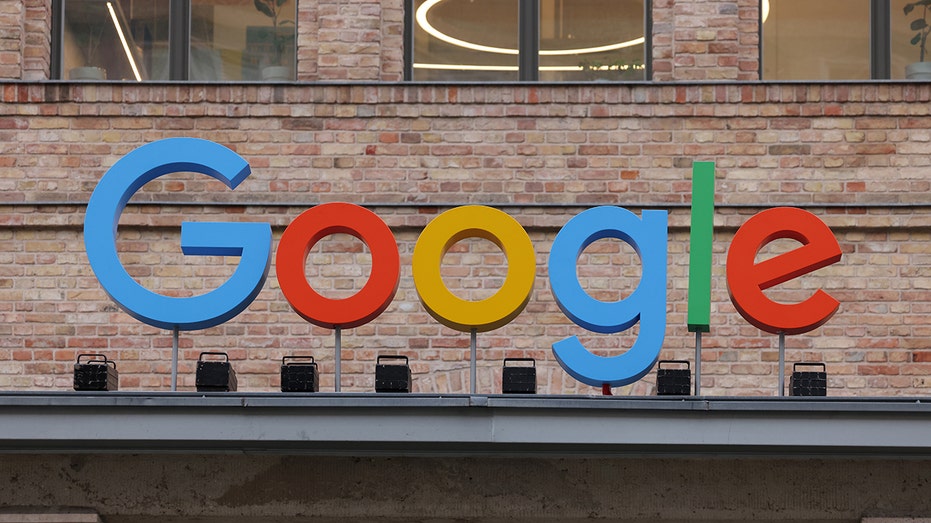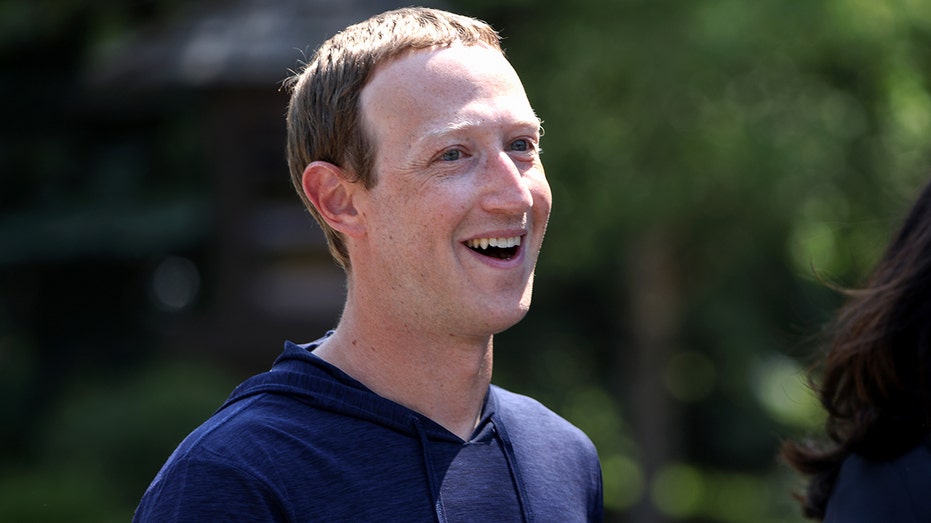Judge orders details of alleged Google-Facebook collusion to be public
Lawsuit says Google contacted Facebook after it emerged as a powerful online ad rival
Details of alleged collusion between Google and Facebook to squash competition in the online ad space are set to be made public this week, a federal judge has ordered.
The judge’s ruling, revealed in court documents on Friday, marks a defeat for Google, which had fought for extensive redactions in an antitrust complaint brought by Texas Attorney General Ken Paxton last year. Google had argued that parts of the complaint contained confidential business information that would unfairly hurt the search giant if made public.
According to the Texas suit, Google contacted Facebook after the social media company emerged as a powerful online ad rival in 2017. The two tech giants struck "an unlawful agreement" to give Facebook "information, speed and other advantages" in the ad auctions it ran in exchange for the social network backing down from its competitive threats, according to the suit.

The Google corporate logo hangs outside the Google Germany offices in August in Berlin. Recently, a judge ordered details of an alleged Google-Facebook collusion to be made public. (Sean Gallup/Getty Images / Getty Images)
FACEBOOK SAYS HATE SPEECH ON PLATFORM HAS DROPPED NEARLHY 50%, THANKS TO AI
The alleged scheme was part of a broader effort to illegally keep Google on top of the online ad world, according to Paxton and the nine other attorneys general who brought the suit. Google and Facebook have denied any wrongdoing.
Many details in Paxton’s lawsuit were blacked out at the request of Google, including allegations about the company’s alleged dealings with Facebook.
In one passage, the suit reads: "Google further induced Facebook to help Google [redacted] by letting Facebook have [redacted]."
In another, it says: "On top of [redacted], Google further induced Facebook to help it shut down competition from header bidding by [redacted]."
According to Google, material like this had to be blacked out because it "merely embellishes plaintiffs’ claims while also threatening Google’s commercial interests."
But P. Kevin Castel, the U.S. district judge for the Southern District of New York, wasn’t buying Google’s argument. In a Friday court filing, Castel said Google has failed to sufficiently justify many of its requested redactions.
"As to allegations about Google’s agreement with Facebook, and internal Google figures pertaining to revenue, commissions and market share … Google has not demonstrated a privacy interest that overcomes the strong presumption of public access," wrote Castel.
Paxton has until Friday to file an amended complaint without the redactions requested by Google. His office did not immediately reply to a request for comment.
CLICK HERE TO READ MORE ON FOX BUSINESS
Google spokesman Peter Schottenfels declined to comment on the judge’s decision when reached by The Post, but pointed to a previously issued statement that said the Texas attorney general was making misleading claims about Facebook’s participation in Google’s Open Bidding program.
"AG Paxton inaccurately claims that we manipulate the Open Bidding auction in [Facebook’s] favor. We absolutely don’t," the earlier statement from Google said.
Facebook also declined to comment on the judge’s new order but sent a previously used statement denying Paxton’s allegations. "Any suggestion that these types of agreements harm competition is baseless," the spokesperson said.

CEO of Facebook Mark Zuckerberg walks to lunch in Sun Valley, Idaho in July. Recently, a judge ruled that details of an alleged collusion between Facebook and Google are set to be made public. (Kevin Dietsch/Getty Images / Getty Images)
If the removal of redactions reveals damning details about Facebook’s alleged involvement with Google, more fuel could be thrown on the already raging antitrust fire in Washington, D.C., antitrust attorney Paul Swanson told The Post.
"If there’s factual information that comes out about Facebook helping to prop up a dominant market position for another big tech company, that’s going to be bad for Facebook," said Swanson, who’s a partner at corporate law firm Holland & Hart. "I would never want information about my clients’ alleged antitrust conspiracies or agreements to be made public."
Swanson said Facebook could request a protective order as a third party to try to stop some of the information from being made public. Facebook did not respond to an inquiry about whether it planned to do so.
CLICK HERE TO GET FOX BUSINESS ON THE GO
Google could also be damaged by having details about its ad business made public, Swanson added.
"Nobody wants their pricing information or other financial data to go out and be public," Swanson said. "It lets your competitors and your counter-parties know what you’re up to."




















